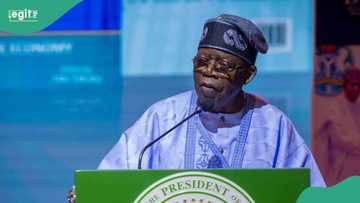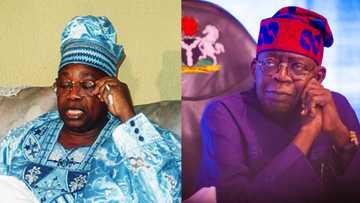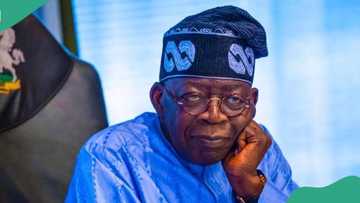Former SGF Breaks Silence, Mentions How He Won 1999 Presidential Election, Not Obasanjo
- Chief Olu Falae claimed he won the 1999 presidential election by over one million votes, alleging that the results were manipulated to deny him victory
- Falae explained that, despite confirming his victory through legal reviews, he chose not to challenge the results in court to prioritise national peace over political gain
- Falae expressed regret over the lack of credible elections in Nigeria since 1993, asserting that the true story behind the 1999 election and the country’s democratic rebirth must be known
Chief Olu Falae, a former Secretary to the Government of the Federation and 1999 presidential candidate, has broken his silence about the controversial 1999 presidential election, claiming that he was the true winner and not Olusegun Obasanjo.
In a rare interview on Arise TV’s Morning Show on Thursday, June 12, during a special Democracy Day programme, Falae revealed that the results were manipulated to deny him victory.
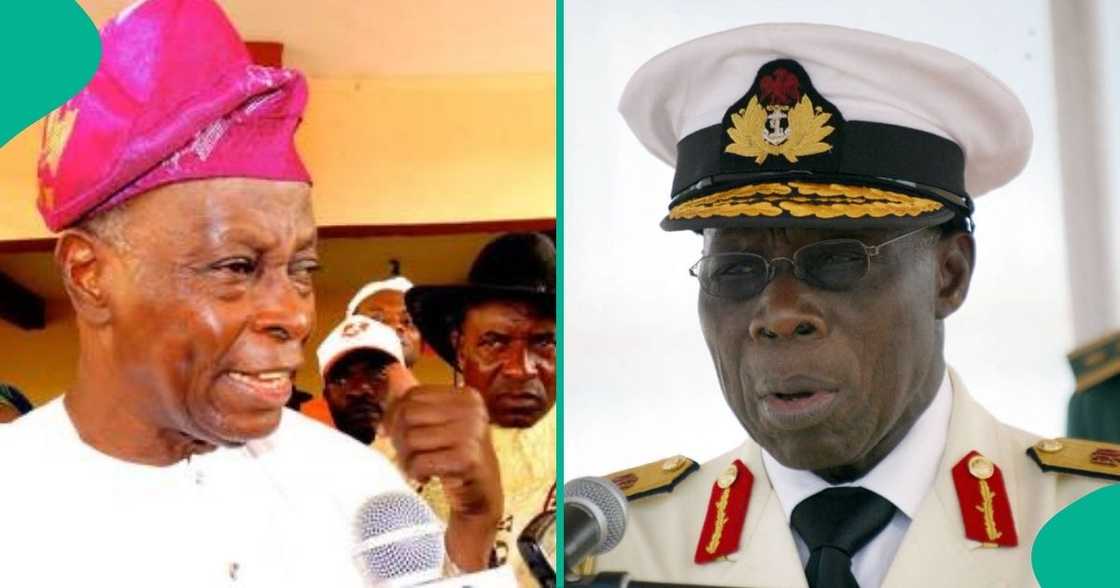
Source: UGC
Falae claims he won by over one million votes
Falae, who contested the election under the banner of a coalition between the Alliance for Democracy (AD) and the All Peoples Party (APP), stated that legal reviews of the vote counts by his counsel, the late Chief J.O.K. Ajayi, confirmed his victory by a margin exceeding one million votes.
"I was told by my lawyer, the late Chief JOK Ajayi, that I won the election by over a million votes after a meticulous assessment of the figures declared," Falae disclosed during the interview.
Despite this, Falae revealed that he and his party decided not to pursue legal action, prioritising national peace over personal political gain.
"We decided not to go to court. We were more concerned about the country returning to democracy peacefully after years of military rule," he explained.
Falae’s revelation reignites political controversy
The statement by Falae has reopened a long-standing political debate from Nigeria’s transitional period after General Sani Abacha’s death and General Abdulsalami Abubakar's assumption of office.
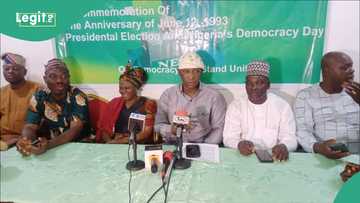
Read also
June 12: After 32 years, activists, coalition send crucial message to Tinubu, “Remember the sacrifice”
The 1999 elections were seen as part of a political compromise aimed at ensuring the return to civilian rule, especially in the South-West following the annulment of the June 12, 1993 election, which was won by MKO Abiola.
At the time, Falae’s candidacy, supported by the AD and APP, was viewed as a move to placate the Yoruba people, who were aggrieved by the annulled election.
On the other hand, Obasanjo, a former military Head of State and fellow Yoruba man, ran for the Peoples Democratic Party (PDP) with strong backing from the military and political establishment, Punch reported.
Falae accepts defeat, but insists on the truth
Reflecting on the 1999 election, Falae explained that there was significant pressure to avoid challenging the results.
"There was so much pressure not to rock the boat," he admitted. Despite accepting the result "in good faith" at the time, Falae asserted that Nigeria deserved to know the truth. “We made sacrifices for democracy to return. I accepted it in good faith then, but the truth must be told: I won that election,” he insisted.
"It's not about me. It's about the truth. Nigeria deserves to know the real story behind its so-called democratic rebirth," he added.
Regret over Nigeria's electoral history
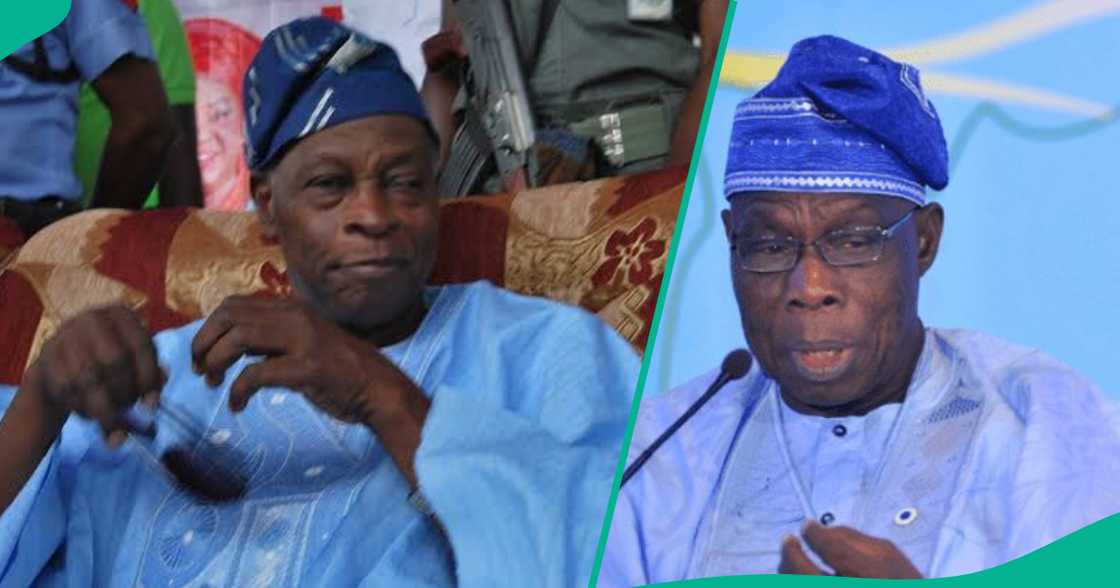
Source: Twitter
Falae also expressed his regret over the lack of credible elections in Nigeria since 1993, stating that despite the sustained democracy since 1999, the country’s election process still faced significant challenges.
"Since 1993, Nigeria has not had a credible election. Even though democracy has been sustained till 1999, the conduct of elections remains a challenge," he lamented.
Falae's statements have reignited debates about the true nature of Nigeria's democratic journey, casting a shadow over the legitimacy of the 1999 election results and offering a poignant reminder of the country's turbulent political history, The Cable reported.
His call for truth serves as a bold assertion that the real story behind Nigeria's democratic rebirth must be known.
Atiku: How Obasanjo ended Boko Haram threat in weeks
Previously, Legit.ng reported that former vice president Atiku Abubakar has disclosed how then-president Olusegun Obasanjo swiftly crushed the Boko Haram insurgency when it first emerged in 2002.
Speaking during a visit by stakeholders from Kogi East senatorial district in Abuja, Atiku highlighted the importance of political will and decisive action in ending the threat.
Source: Legit.ng


